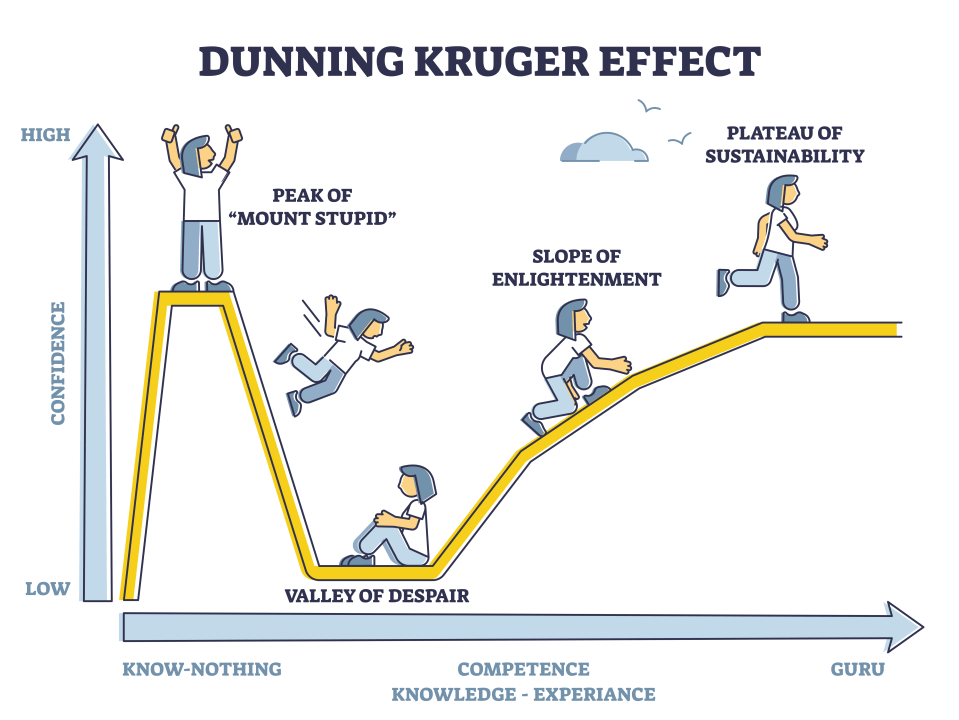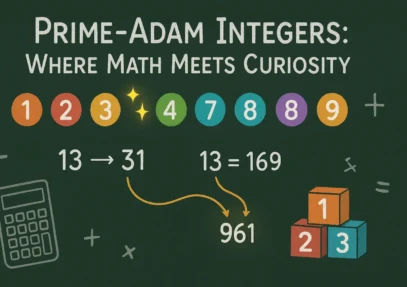With reference to ‘Scheduled Areas’ in India, consider the following statements: [2023]1. Within a State, the notification of an area as Scheduled Area takes place through an Order of the President.Read more
Poll Results
Please login to vote and see the results.










Statement 1 is accurate since, under Schedule V (Article 244) of the Indian Constitution, the President is empowered to declare specific regions as Scheduled Areas. Paragraph VI of the Fifth Schedule explicitly states that the term "Scheduled Areas" refers to those areas that the President may declaRead more
Statement 1 is accurate since, under Schedule V (Article 244) of the Indian Constitution, the President is empowered to declare specific regions as Scheduled Areas. Paragraph VI of the Fifth Schedule explicitly states that the term “Scheduled Areas” refers to those areas that the President may declare through an official order.
Statement 2 is also correct. In April 2018, the Union Cabinet approved the declaration of certain areas in Rajasthan as Scheduled Areas under the Fifth Schedule. This included three entire districts—Banswara, Dungarpur, Pratapgarh—along with nine complete tehsils, one block, and 46 full gram panchayats across multiple districts like Udaipur, Rajsamand, Chittorgarh, Pali, and Sirohi. It is important to note that while a block can consist of a cluster of villages, individual villages from within a block can be grouped together to form the smallest administrative unit within the Scheduled Areas framework.
Statement 3 is incorrect. According to the Constitution, the Governor of a state with Scheduled Areas is responsible for submitting annual reports to the President regarding the management and governance of those areas. Additionally, the President may require such a report at any time. Furthermore, the Union Government holds the authority to issue directions to state governments regarding the administration of these areas.
Therefore, the correct answer is Only two.
See less